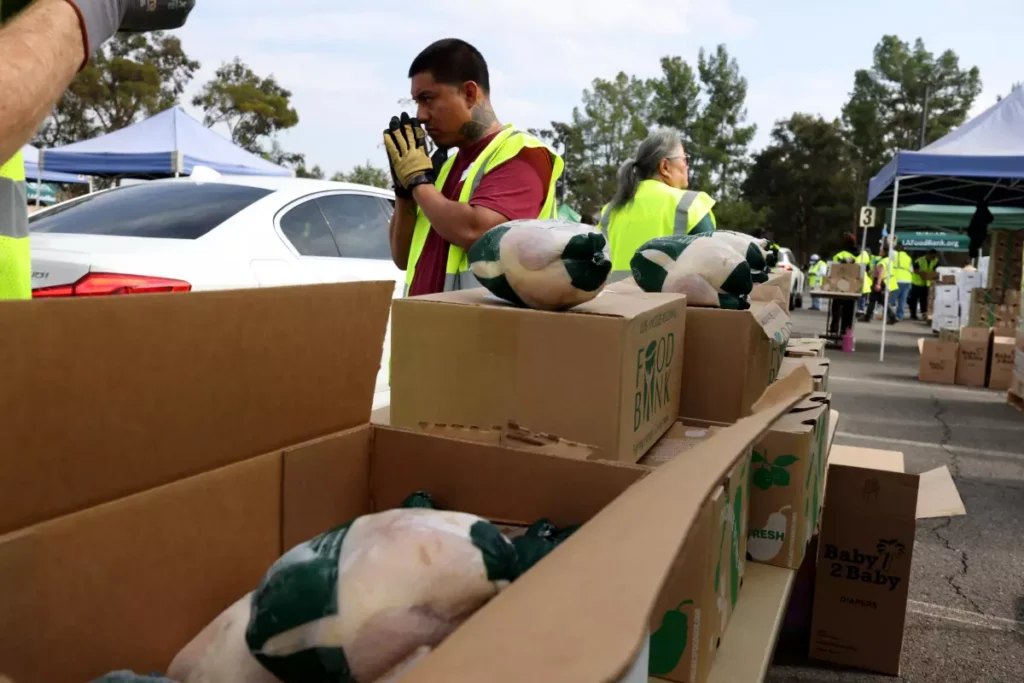Balancing mental & physical labor in the home
Showing couples how household tasks tend to fall on women and take a toll on their health—and offering simple ways partners can split housework more fairly.
USC Completed 2024
Share this page

Impact
We uncovered first-of-its-kind data about the impact imbalanced mental labor has on women—and gave hundreds of couples the tools to create a better system. From managing kids’ schedules to planning shopping lists and keeping track of household tasks, more balance at home means couples can feel like a team again, cut down on stress, and take better care of themselves and each other.
73 % of mothers reported being responsible for all conception and planning labor, compared to their partners
61 % of participants using the Fair Play method reported a more equal balance of responsibilities at home
Challenge
Nationwide, women aren’t just doing twice as much unpaid housework as men—they’re spending more time thinking about it, too. It often falls on women to start planning conversations, which is another mental drain. Fair Play wanted to understand the real, long-term health effects of this uneven workload on women and give couples a simple, research-backed way to find a solution together.
Our Plan
We had couples rate their overall health and relationship quality before and after participating in the Fair Play intervention. After couples worked through the modules and learned new strategies to better balance housework and mental load, we measured women’s well-being and saw improvements in the data.
Project Goals
Determine division of household labor
We worked with more than 500 participants—mostly mothers—to see how household work is divided between couples.
Connect housework balance to health
We surveyed participants before and after the Fair Play intervention to see how unequal mental load affects women—and how sharing it more fairly improves well-being and relationships.
Approach
Couples completed a baseline survey on their health and relationships, then used Fair Play Cards to map household tasks. After an eight-week online program, they repeated both—and we measured how rebalancing the workload improved women’s well-being.
Surveys
Data Analysis
Qualitative Interviews
“[Fair Play] has allowed [my husband and I] to divide up that labor, and he’s been able to take some things off my plate to make our lives easier.”
Study Participant







